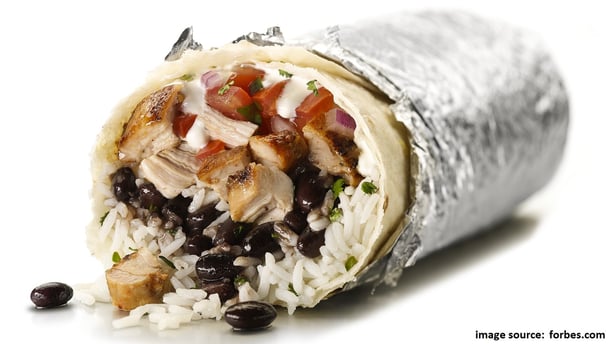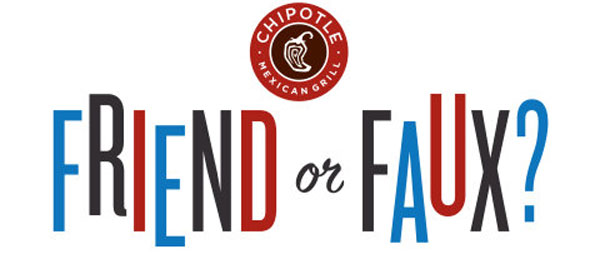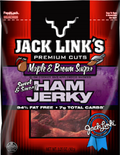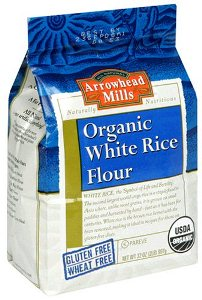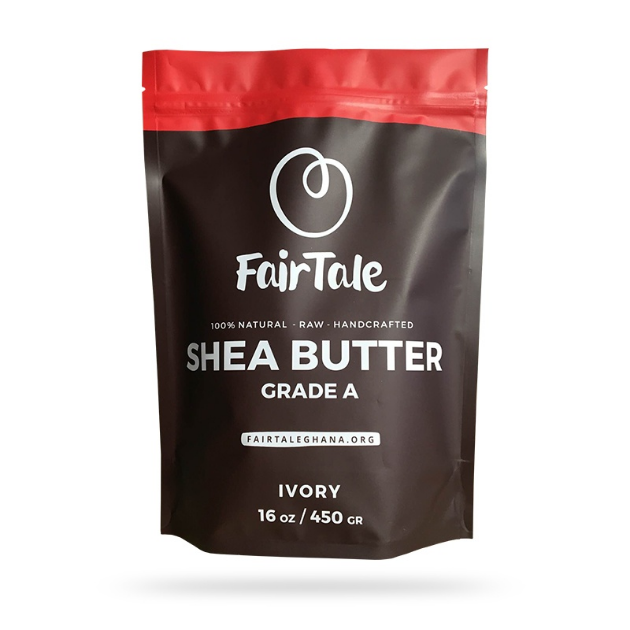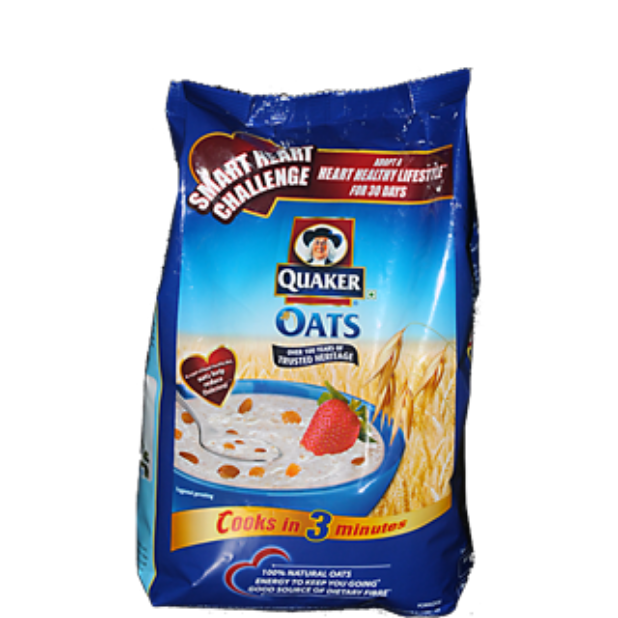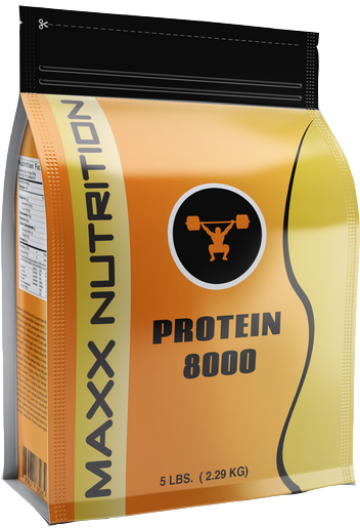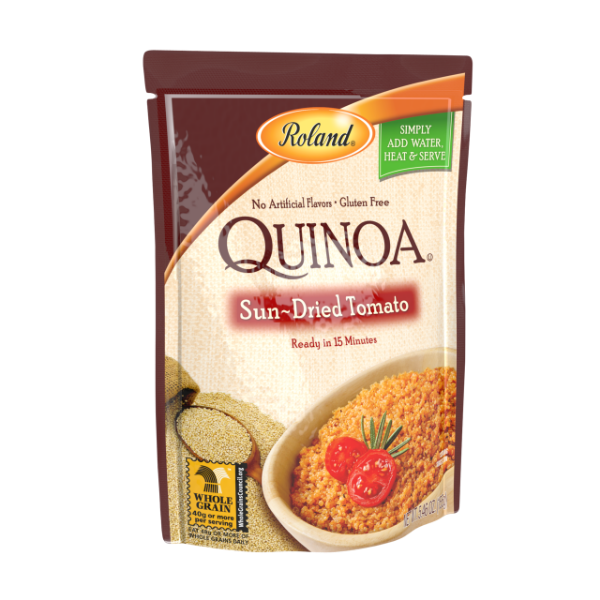While it’s certainly true that today’s consumer by and large prefers to shop for healthier products with pure ingredients, many shoppers grow skeptical of large chains and big businesses carrying these goods.
A number of health-conscious consumers prefer to shop small and support their neighborhood businesses, understanding that the food is more likely to be made from locally sourced ingredients. People want transparency to be an important value in the companies they purchase from, and they have to prove their commitment to providing customers high-quality, healthy products through every step of the process.
Packaging has the ability to speak volumes about a product and a brand’s sustainable practices. Chipotle is one company that has gotten creative with its packaging over the years and has incorporated into successful marketing campaigns focused on communicating its mission to serve “food with integrity.” However, some consumers are taking a closer look at the brand’s practices to determine whether or not it is merely talking the talk without the actions to back it up.
It’s tricky for large companies, especially chain restaurants, to attract the same kinds of customers who are passionate about shopping and eating local. Chipotle has succeeded in branding itself as a healthier option committed to serving free-range meats and “real” ingredients. On its website, Chipotle even states that it is “G-M-Over It,” priding itself on becoming the first national restaurant to disclose the presence of GMOs in its food and switching to ingredients that are not genetically modified.
However, Chipolte is now facing a class action lawsuit in the state of California from consumers who claim its marketing and advertising campaign is misleading.
(Image Source: brandchannel.com)
Many of its menu items do, in fact, contain GMOs, the lawsuit states, rendering its new slogan and branding false and deceptive. This isn’t the first time big brands have come under fire for misrepresenting the nutritional value or freshness of its products, and it certainly won’t be the last. Food manufacturers can and should always consider the ethics of their marketing strategies and how honest and truthful they actually are.
Food packaging can play an important role in the way a company brands and sells its products, and it’s the first thing people see when they want more information about the contents inside. Instead of telling consumers that your products are healthy and that your brand is committed to sustainability, why not use custom printed pouches to actually show them this? Packaging your product in containers that are recyclable, safe, and maintain the freshness and natural ingredients of the food inside can truly speak volumes.
Custom printed pouches and colored stand up pouches are a great option because they protect contents from air, moisture, vapor, UV rays, and pests.
They lock in flavor and nutritional content and prolong the shelf life of a product. Not to mention, companies can print up creative and attention-grabbing branding using safe, water-based inks that are vibrant and effective.
Mylar packaging, which includes the aforementioned custom printed pouches and colored stand up pouches, is used by many health food brands because they can be produced with clear windows that shows consumers exactly what’s inside (great for positioning your brand as transparent and honest), and they can be ground down into 100 percent recyclable materials used to make other packaging or different products consumers will use in the future. Less material is required to produce these pouches, which means less fuel is needed to ship them out of warehouses. Compared to other plastic bags, or even boxes, cans, bottles, and jars, this type of flexible food packaging results in less waste and less structural elements necessary to produce a high-quality finished product.
Brands should be thinking about the types of ingredients they are using for their healthy foods and whether or not they are deceiving customers through their marketing materials. Food packaging plays an important role in this, and it has the power to build and position brands as sustainable, organic, and ethical. But if false labels and claims are plastered on the outside of the product, people will take notice, and trust will diminish. Choosing flexible food packaging can help brands keep a consistent commitment to providing healthful products that benefit consumers and help create more sustainable practices throughout the entire food industry.
Related Posts:
Should You Use Stand Up Pouches for Clean Label Products?
Is Your Product Actually Fresh? 12 Food Packaging Labels Demystified
How New GMO Food Labeling Regulations Affect Your Retail Packaging

